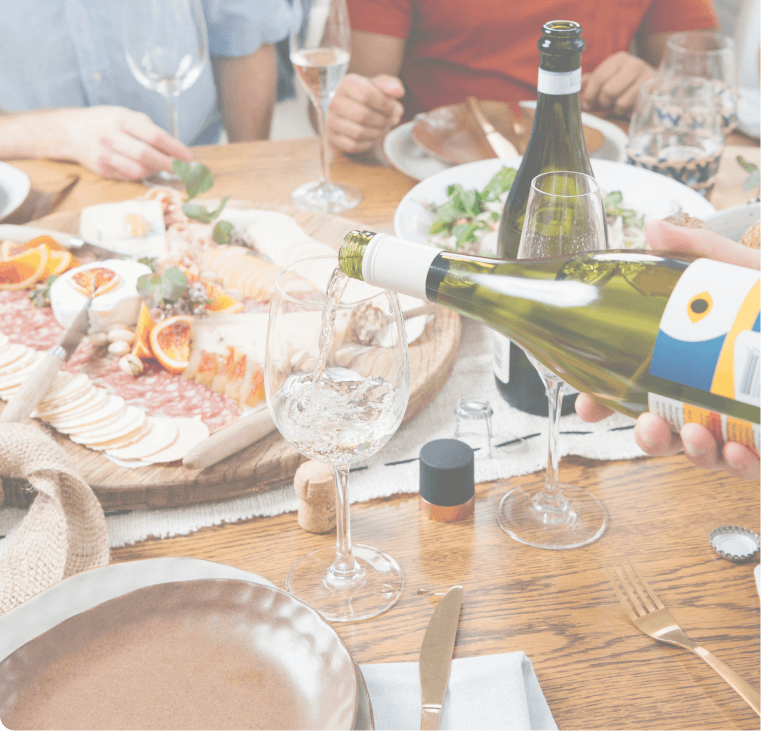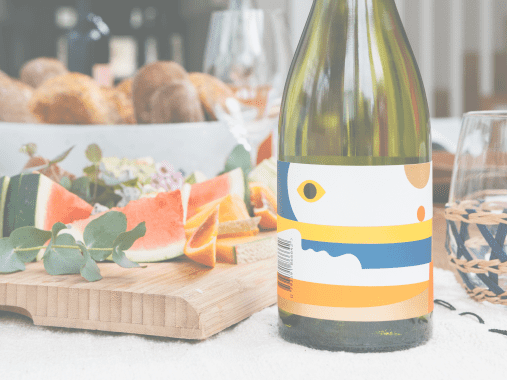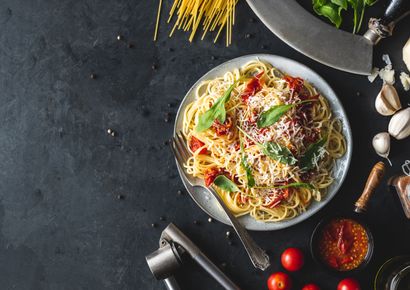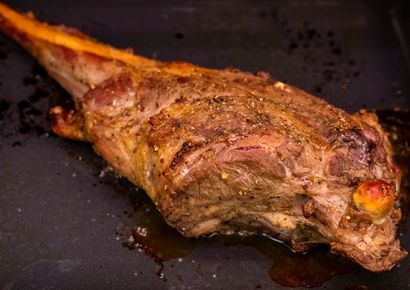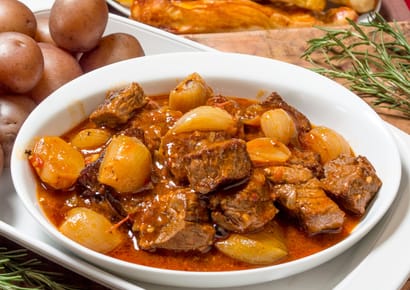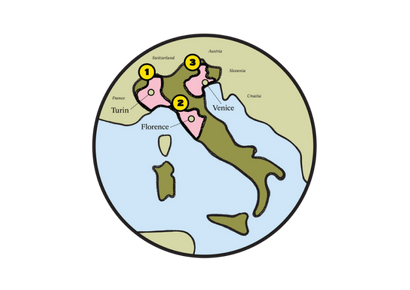Albenza 'Sicilia' Nero D'Avola 2022
Primary flavours

Black Cherry

Black Plums

Blackberry

Liquorice

Spice
Details
A classic Nero d'Avola here folks with ripe blackberry fruit notes and hints of warming spice. This wine holds a lovely, firm line of acidity and soft, supple tannins: easy-drinking and a beautiful, faithful example of Sicilian Nero.
Origin: The island of Sicily, Italy. Mainly Grown In: Sicily and southern Italy, and also in the Riverland in South Australia. Key Facts: Nero d'Avola, which translates to "The Black (Grape) of Avola", comes originally from the area around the city of Avola in the south-east of Sicily. In modern times it has spread its wings and now comfortably calls Australia and some parts of California home. It is the most planted grape in Sicily, and provides the backbone for some of this islands best wines. It produces fleshy, black-fruited wines with zippy acidity and a moderate but noticeable backbone of tannin, to sharpen things up. There's no lack of character here - it is floral, fruit driven but whip sharp. A great drink. Fun Facts: Nero d'Avola is Italian, but was built to be grown in Australia - it loves long hot summers!
Origin: The island of Sicily, Italy. Mainly Grown In: Sicily and southern Italy, and also in the Riverland in South Australia. Key Facts: Nero d'Avola, which translates to "The Black (Grape) of Avola", comes originally from the area around the city of Avola in the south-east of Sicily. In modern times it has spread its wings and now comfortably calls Australia and some parts of California home. It is the most planted grape in Sicily, and provides the backbone for some of this islands best wines. It produces fleshy, black-fruited wines with zippy acidity and a moderate but noticeable backbone of tannin, to sharpen things up. There's no lack of character here - it is floral, fruit driven but whip sharp. A great drink. Fun Facts: Nero d'Avola is Italian, but was built to be grown in Australia - it loves long hot summers!
Read more
Taste Profile
This wine’s tasting notes.
Sweetness

lowmediumhigh
Body

lightmediumfull
Fruitiness

nonesomelots
Tannins

lowmediumhigh
Acidity

lowmediumhigh
Oak

nonesomelots
Alcohol

low
(under 12%)medium
(12-14%)high
(14%+)
Taste Summary
This wine’s tasting notes are leaning towards medium bodied, low sweetness, with medium acidity, very fruity, medium tannins, medium alcohol and no oak.
Specs
Region
Sicily
country
Italy
Grape type
Nero d’Avola
Wine Maker
Albenza
Alcohol
12.5%
Vintage
2022
Cellar period
1-3 years
Closure
Cork (Synthetic)
Production method
Conventionally Made
Temperature
Room Temperature 15°C-18°C
collection
Pairing guide
Sicily’s signature red grape rarely disappoints, and this deeply satisfying wine confirms that all’s well in the world of Nero d’Avola… as if we were remotely concerned. It’s the kind of wine that calls out for rustic home cooking - we’re talking beef and red wine stews, lamb shanks with rosemary and a rich onion gravy, or bean and lentil casseroles packed with herbs or a good grating of pecorino. Pasta dishes with beef mince, olives or stewed tomatoes will work well, and it’s always a winner with eggplant and mushroom dishes, too.
Read more
Food

Italian

BBQ

Red Meat
Tastes

Fruity

Rich
Moods

Adventurous
Seasons

Autumn
Recipe Matches
Wine region

Sicily, Italy
Sicily is a productive island located in the Mediterranean Sea, off the southern coast of Italy.
The island has a varied landscape, with low coastal plains to hills and even active volcanic mountains. The climate is Mediterranean, with hot, dry summers and mild winters. Disease pressure is low thanks to drying coastal breezes making the region ideal for organic farming practices. The soils are volcanic, sandy, and clay.
Sicily can be divided into three wine regions, including the volcanic Etna DOC on the eastern side of the island, known for its red wines made from the Nerello Mascalese grape. The Marsala DOC on the island's western side is known for its fortified wines. The remaining Southeast of the Island produces a range of wines, notably Frappato and Nero d’Avola.
Read more

